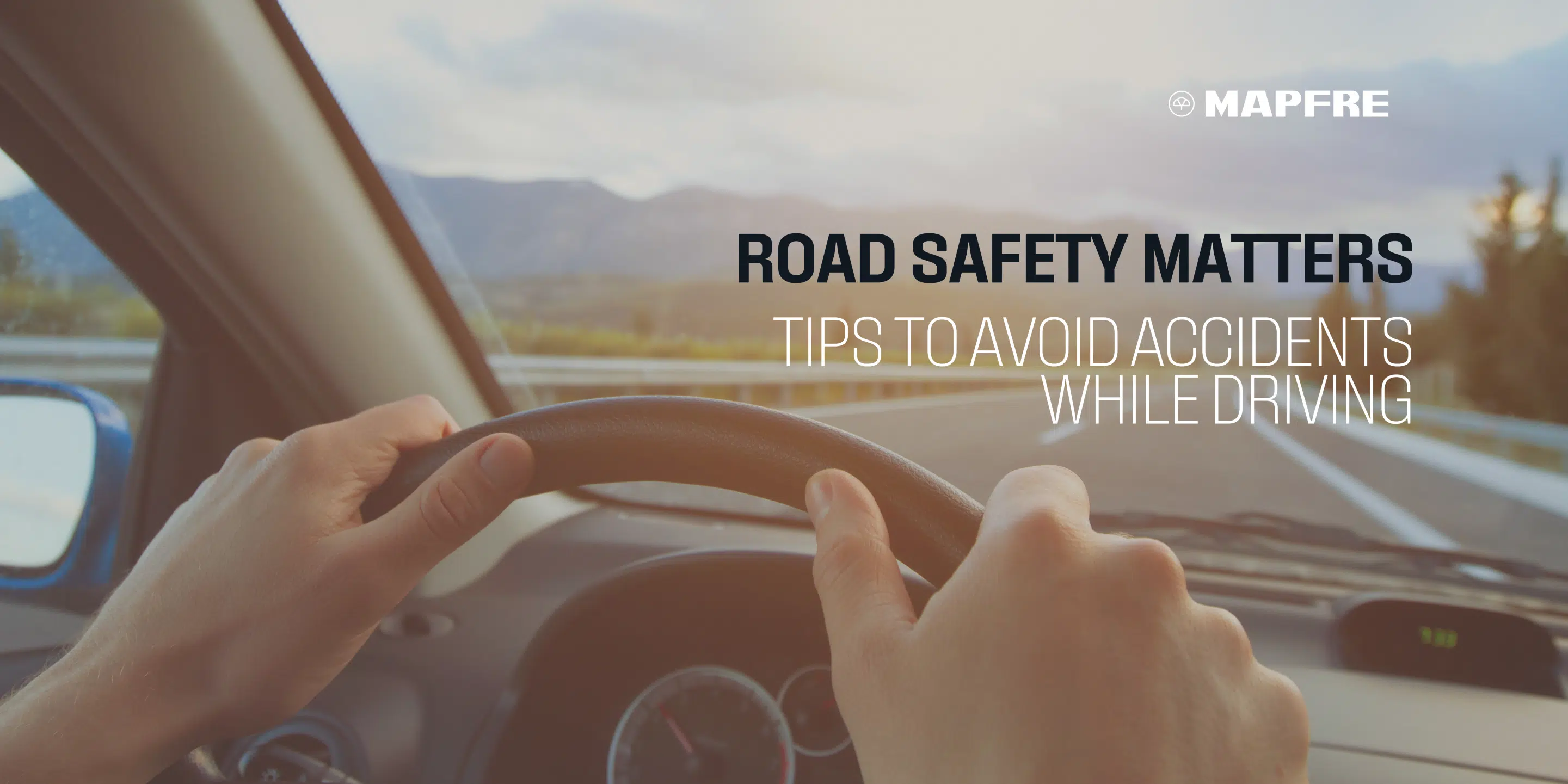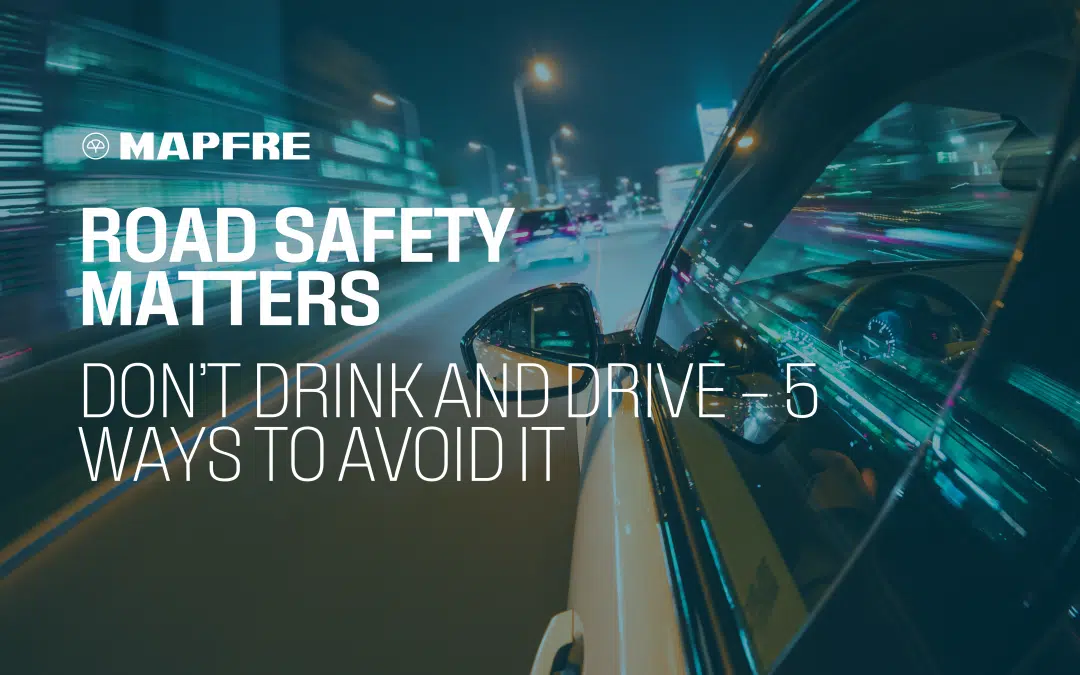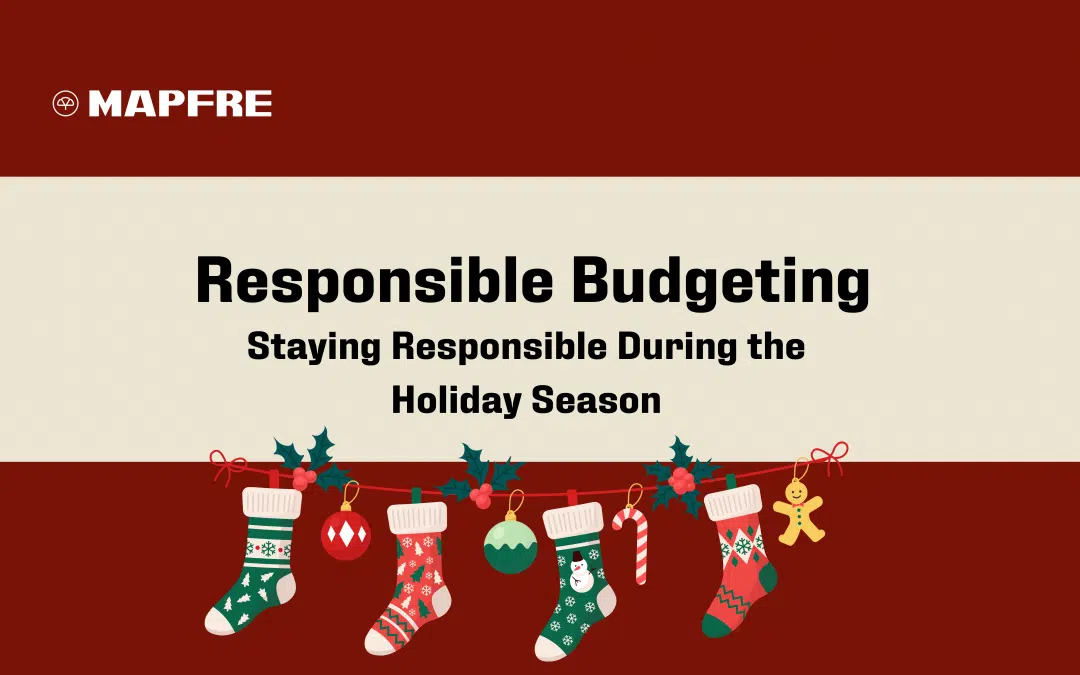When driving a vehicle, you must take certain precautions to avoid getting into an accident in the first place. Many of the incidents that occur around the country may be avoided if basic preventative steps were implemented. You can ensure that you and your vehicle are protected from any road mishap by remembering the following guidelines.
Choose a vehicle with enough safety features.
This is the first thing to consider before purchasing a vehicle. Before making a decision, make sure to verify all of the cars safety ratings. Having a car with stronger safety features minimizes the likelihood of an accident while driving.
Always keep your eyes on the road.
This may be one of the most important things to remember while driving. You must guarantee that nothing inside the car distracts you from keeping your eyes on the road. It is extremely encouraged that you do not multitask while driving and instead focus on things such as tying your tie or combing your hair. When you’re not entirely focused on driving, you’re more likely to get into an accident.
Do not exceed the speed limit.
Driving faster than the posted speed limit is not only illegal, but it is also dangerous for you and other drivers on the road. While driving at higher speeds may save you time, it also increases your chances of being involved in an accident. Because of the increased speed, the car takes longer to come to a halt when the brakes are engaged. If the vehicle is not adequately controlled, the subsequent rapid halt might result in serious injury. If you are not alert, pedestrians or any animals suddenly crossing the road could be fatal.
It’s best to stay within the posted speed limit at all times. If you are going slower than the other vehicles on the road, you should keep to the left. If you want to pass a slower-moving car, make sure you do so from the right side. Try to use your indicator to give the other motorist a heads-up that you’re about to overtake.
Always remember to fasten your seatbelt.
When driving a car, the most important thing to remember is to wear your seat belt. This is the most important safety precaution to take in a car. Serious injuries to the lungs and ribs may occur in the event of a crash due to the hit with the steering wheel or the dashboard in the absence of a seat belt.
Keep an eye out for blind spots.
Always bear in mind that the car has a few blind spots. The area of the vehicle behind the car pillars is what you should be aware of. Take care when turning, changing lanes, and backing out of a parking spot.
The view from the rear-view mirror is not complete. Keep an eye out for incoming vehicles. To compensate for the rear-view mirror’s blind area, use the outside mirror on either side of the vehicle.
Tailgating should be avoided.
Tailgating is one of the most common causes of accidents. Many drivers do not always maintain the required minimum distance between two vehicles on the road. Because of the lack of distance, not following this limits the time to react.
Another simple approach for keeping track of the spacing between the two cars exists. Make sure you can see the bottom of the car in front of you. This distance should be sufficient to react to any unexpected halts.
Always avoid driving while under the influence of alcohol.
If you’ve had too much to drink, don’t drive regardless of the amount consumed. Alcohol can impair your judgment and make driving dangerous. It is also against the law to drive when under the influence of alcohol. This could result in you losing your license. Under the influence of alcohol, a simple error can lead to an accident.
Follow all traffic laws.
When driving your car, be sure to follow all traffic laws. All traffic safety standards were created with the safety of everyone on the road in mind, including pedestrians. Make sure the vehicles are kept at a safe distance from one another. While driving your car, make sure you respect all other drivers on the road.
Avoid driving when you are tired
Falling asleep while driving can result in tragic accidents. The vehicle’s driver must be well rested. Lack of sleep can cause a decrease in mental alertness and attentiveness. Because your reflexes will slow, you won’t have enough time to react to any situation on the road. This can have devastating consequences in some cases.
Keep an eye out for warning indications.
Keep an eye out for any roadside hazard signs. These signs alert drivers to any potential dangers on the road ahead. A caution sign is generally present in accident-prone areas. If you see such a sign on the road, try to slow down your vehicle.
Avoid using your phone while driving.
If you are not careful, using a smartphone while driving can have disastrous implications for both you and other drivers on the road. When driving, avoid using your phone. Only use your phone in the event of an emergency. If you need to take a phone call, pull over to the side of the road and take the call.



